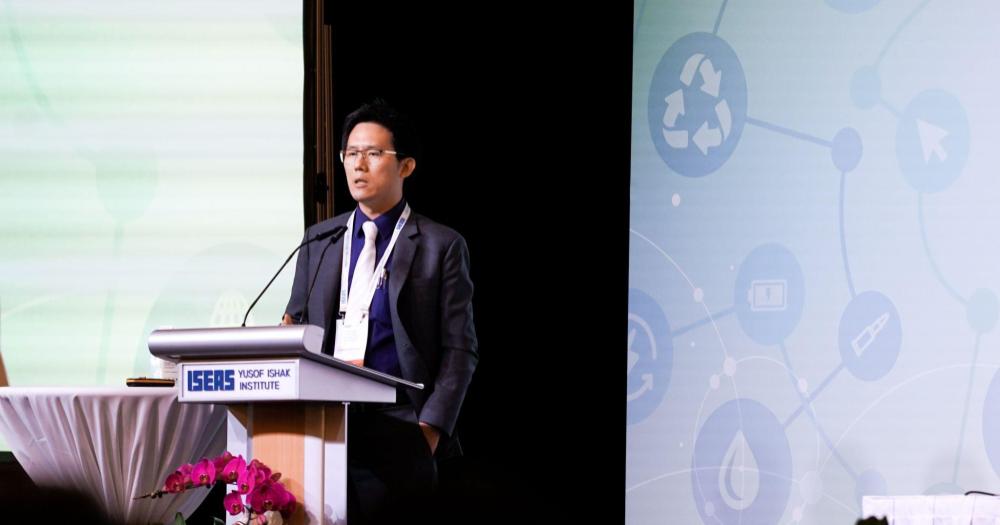Follow us on Telegram for the latest updates: https://t.me/mothershipsg
The Thailand monarchy is currently facing a succession crisis that might cast a shadow on the country's politics, Khemthong Tonsakulrungruang, a political analyst from Chulalongkorn University, said at the Yusof Ishak Institute of Southeast Asian Studies' Regional Outlook Forum on Jan. 10.
Succession crisis
Speaking for "The Political Outlook in Thailand and Myanmar" panel, Khemthong, who is currently a lecturer at the Faculty of Political Science at Chulalongkorn University, brought attention to some issues that might affect the country's political scene in 2023.
One of the biggest concerns for the country would be the matter of succession. Princess Bajrakitiyabha Narendira Debyavati, the eldest daughter of Thai King Maha Vajiralongkorn, was hospitalised and eventually put on life support after she collapsed while training her pet dog on Dec. 14 last year.
While the Thai palace has never declared Bajrakitiyabha as the successor to the throne, she has been widely assumed to be next in line for succession.
"She studied law, she's intelligible, approachable, and well-loved by many of the elite community," Khemtong said, while "Prince Dipangkorn, the only male heir of [King] Vajiralongkorn, is said to be mentally challenged," though Khemtong also stressed that as a "Thai person, [he] can neither confirm [nor] repudiate that accusation."
Tough election
"Now the king is in some kind of crisis. So the question is whether this crisis [will cast a] political shadow. Will we still have the election in May 2023?" Khemthong asked.
According to Khemthong, Thailand's 2023 election is supposedly the biggest event of the year. It was expected to occur in May, but many believe the election might happen much earlier.
According to Bloomberg, Prayuth Chan-Ocha, the long-serving Thai Prime Minister who seized power in a 2014 coup, has formed a new political party in a bid to retain his position.
But Khemthong said that this has left the parliament "dysfunctional" as many parliament members are leaving his former government to join other political parties, so there is "no one working in the parliament anymore."
Objectively speaking then, there is no clear reason for the current government to continue into March or April, sparking speculation of an early election.
But voting for a political party might pose a challenge, as Khemthong thinks there will be no ideological differences among different political parties.
"There seems to be a general consensus among political parties, the do's and don'ts of this election. First, don't touch upon the palace. The topic of political reform, the topic of abolition, the topic of investigation into the palace or private army or personal wealth is a taboo. No political parties are going to touch it or they face dissolution from the constitutional court."
The differentiating point between parties would depend on their economic policy, but at the current moment, every policy from the various parties looks similar to one another. Winning the election would then comes down to the "effectiveness of the network" of a political party, and who can canvass more votes in key localities.
Noting the military's autonomous presence and oligopoly characterising the country's economy, Khemthong sounded pessimistic about the election, as he said, "The election will not be a transition. Actually, the election will help normalise this very unfree and unfair political arrangement of Thai politics."
Big questions
But big questions remain. Given the Thai princess's condition, how will the palace crisis affect this year's election?
"The main question is that in times of crisis, will the palace resort to some extra-constitutional convention?" Khemthong asked. "At the very least, if there's a state funeral, will it delay [the] election and for how long? And that's the question that we don't know the answer yet."
Top image by Keyla Supharta
If you like what you read, follow us on Facebook, Instagram, Twitter and Telegram to get the latest updates.
